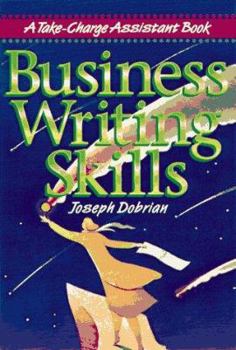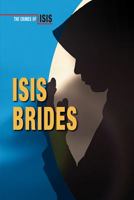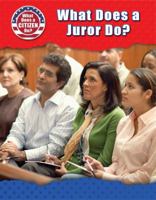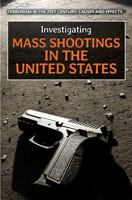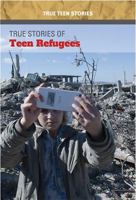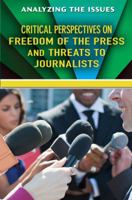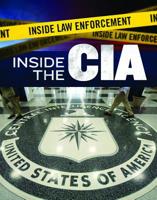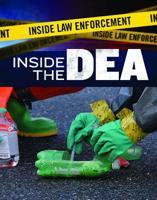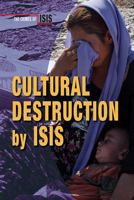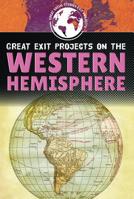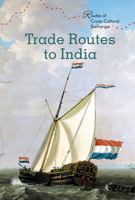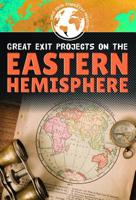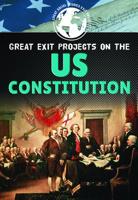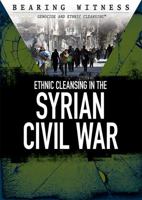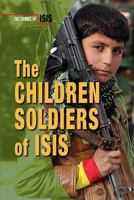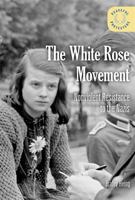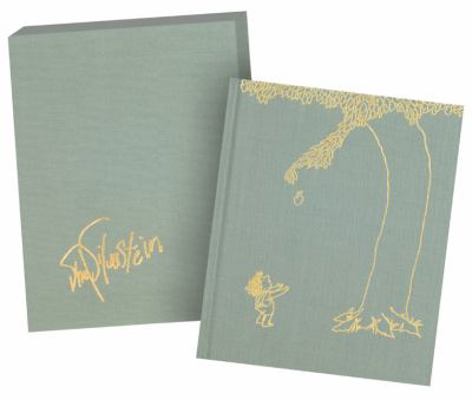Business Writing Skills (Take Charge Assistant Series)
Select Format
Select Condition 
Book Overview
Few things can hurt a reputation more than a poorly written letter or memo. Written in a refreshingly conversational style, this book makes anyone excited about picking up a pen or powering up a word processor to write clear, concise English. Through its dynamic language, numerous examples, and practice exercises, the book takes readers all the way from staring at a blank page to incorporating foreign words into text. This description may be from another edition of this product.
Format:Paperback
Language:English
ISBN:0195168879
ISBN13:9780195168877
Release Date:January 2004
Publisher:Oxford University Press
Length:281 Pages
Weight:0.59 lbs.
Dimensions:0.8" x 5.5" x 8.6"
More by Bridey Heing
Customer Reviews
5 customer ratings | 5 reviews
There are currently no reviews. Be the first to review this work.











